Remove Rust Like a BOSS Using Power Tools and Abrasives
No one is a fan of rust, it can ruin metals and reduce their effective area If left untreated.
It's an eyesore and it causes structural damage, it has to go ...So you head to google and ask:
How to get rust off metal?
How to clean rust off tools?
How to remove rust from a car?
if you ever asked any of these questions, you will find many methods and home remedies on how to clean rust, anything from Vinegar solutions to lemon juice, and you realize that the solution was in my fridge the entire time and I don’t have to spend a dollar!
Well, in most cases, It's too good to be true, these methods are scientifically accurate, they work in theory and look great on paper and they are fine when the problem is very minor, but if you have a size-able amount of rust build up and you decided to try them out, you will find out that the home remedy methods will take way too long with way too much effort and in the end, less than satisfactory results.
So you should save yourself the trouble and read this guide on rust removal methods with attachments on the power tools you already own, to inform yourself on what really works best and how to get the job done quickly, easily and more efficiently.
What Actually Works is Power Tools and Abrasives
Rust is equivalent to the death of metal, the actual rust is not metal anymore, the rust has to be removed off of the metal before it spreads like cancer and affects more metal surfaces.
The best way to scrape off the rust from large metal surfaces is by using abrasives attachments on power tools. Abrasive attachments are normally used for sanding, grinding, stripping and industrial cleaning, they come in different shapes, sizes and materials and can be attached on many portable tools such as drills, angle grinders, die grinders, rotary tools etc..
Grinding Attachments
Grinding will be the most aggressive abrasive that you can apply to metals, so use extreme caution when you apply an angle grinder on a rusted object, as it can damage the metal if it is still there underneath the rust, use the grinder for the heaviest accumulation of rust, to remove it quickly.
It's also good to note that grinding points and bits in your rotary tool accessory kit can be used for smaller more detailed areas in your object, as they tend to be very small and can get into many nooks and crannies so you can clean specific areas in your object with precision.
Buy grinding attachments.
Sanding Attachments
Sanding is definitely less aggressive than grinding, We recommend the use of a sander to remove rust and oxidation when the surface you are cleaning has a large flat surface, use an orbital sander with hook and loop sanding discs, they will remove surface rust so quick, easy and cheap.
When using a sander, start with the coarsest grit that you have available, (60 or 80 grit is a good start) as the coarse grits will remove the rust and oxidation very quickly, then work your way up to a higher grit gradually until you get a very smooth, clean looking surface that you are satisfied with.
You can go all the way up to 400 grit if you want a super smooth surface, especially if you wet sand 320 or 400 grits, and if you are looking for a further more polished mirror like surface, you will need to look at metal polishing methods.
Buy Sanding Abrasives.
Wire Brush Attachments
We find that wire brush attachments are the most useful for cleaning rust off of metal surfaces, they will strip the surface down to the bare metal, so you can properly prepare it and prime it and coat it with some sort of a protective finish to prevent it from rusting again.
Wire brushes are less aggressive than grinding but they will be much faster than sanding, it's actually the fastest method to remove rust. However, wire brushes will create swirl marks on the metal surfaces, but they will not gouge hard metals like carbon steel or iron, so it is safe to use on automotive panels, iron skillets and most metal outdoor furniture as long as you are comfortable with repainting and refinishing, it will bring it back to like new bare metal condition again.
Use wire brushes with caution as they can damage soft metals like copper and brass, or precious metals like silver and gold or even aluminum alloys like aluminum car rims, wire brushes are normally made of hardened carbon steel and some of them are coated with a brass-coating to reduce sparking, they will gouge the soft metals and permanently damage it.
Alternatively, you can look for wire brushes that are made of actual solid brass or copper, but when you are dealing with soft and precious metals, you are not likely to deal with rust, you will most likely deal with tarnish, which is a whole different subject and has its own cleaning treatment methods.
You can certainly get a wire brush attachment for your angle grinder, as they work wonderfully fast with higher RPMs if you know what you are doing. But we find that the simplest and easiest way to clean metals is to use a wire brush drill attachments and attach it to a cordless drill, at least 18 volt, 20 volt is the most ideal.
A wire brush drill attachment is basically a bunch of wires crimped into a cup or a circular round metal wheel. They are then secured on a 1⁄4 inch shank that will allow you to attach it to any drill/driver. Some even call it “A wire brush drill bit” because you can attach it to a drill just like you would attach any drill bit, thanks to the 1⁄4-inch shank.
This method should allow you to utilize the portability and convenience of a cordless drill to remove rust, it will also allow you to control the RPMs so you can work at your own pace, It's highly recommended for a pro or a beginner alike.
Checkout Our Comprehensive Guide on Wire Brush Attachments for Power Tools blog post!
My Method:
Step #1 Prepare
Spray and soak the affected areas with WD-40 for hours (the longer the better) keep applying from time to time as it dries off. You can manually scrub with a handheld wire brush, to assess the problem and see how bad is the rust and what exactly you are dealing with. many times the WD-40 and the manual scrubbing will take care of light surface rust and minor oxidation.
Step #2 Grind
Put on eye protection and grind affected areas that are too far gone, grinding will remove large chunks of rust fast but will also likely remove some metal if it came into contact with it, so be careful.
Step #3 Wire Brushing
Attach a wire brush attachment on your drill or grinder and apply it slowly to the remaining surface, you should apply the wire brush at a 15 degree angle with minimal pressure, let the wire brush do the work, do not apply excessive pressure.
It is also recommended that you apply a bit of oil or WD40 to the wire brush itself to lubricate, reduce sparking and aid in the process, it will also prolong the life of the wire brush attachments, so that's a plus.
PRO TIP:
If you notice that your drill wire brush attachment is starting to get dull, apply it in reverse for a bit, it will sharpen the wire tips and bring some life into the attachment.
Step #4 Sanding
Wire brushing will create some swirl marks on your metal surface, if you want to get rid of them you can bring out your sander and work your way up through the grits until you get a smooth surface up to your satisfaction.
Rust Prevention:
The best way to avoid rust buildup is by keeping the metal surfaces dry and protected from the elements and ,where appropriate, prime, paint, clear coat and wax will prevent rust in the first place.
Always place your metal tools in a dry, clean environment, and keep them well lubricated (with my best friend WD40).
Other Methods:
Home remedies, Baking Soda Vinegar Bath or citric acid
These methods will be cheap and easy to try, but I will tell you this right now, they don’t work well for heavy stubborn rust, but depending on the situation it could be worth it to try if that's what you have on hand and the problem is very minor like light surface rust.
For baking soda, mix 50/50 baking soda water solution to prepare a thick paste. Then you can scrub it using a crumpled up aluminum foil. Repeat as necessary.
As for vinegar bath, This method may work well for small objects that you can soak. Soak that metal in vinegar for a few hours and the vinegar will react and dissolve the rust off the metal surface or help loosening it to make it easier to clean.
Another simple method that you can try quickly and cheaply is WD-40. I'm a big fan of this stuff, it's great for cleaning, lubricating and preventing rust, but it's no magic and will not remove rust by itself, it's a great first step to loosen rust and softens, and then to lubricate abrasives as they scrape away the rust and speed up the process.


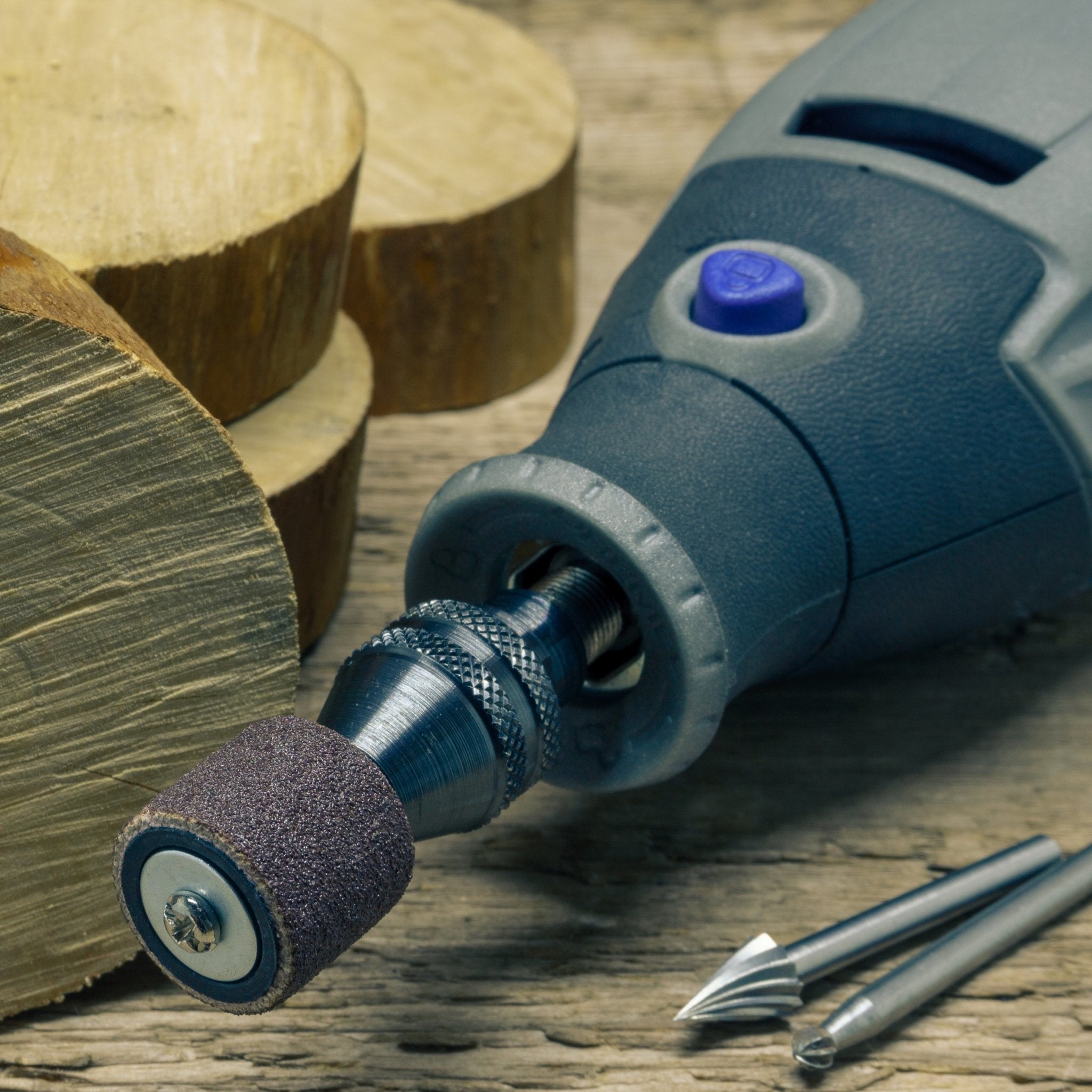
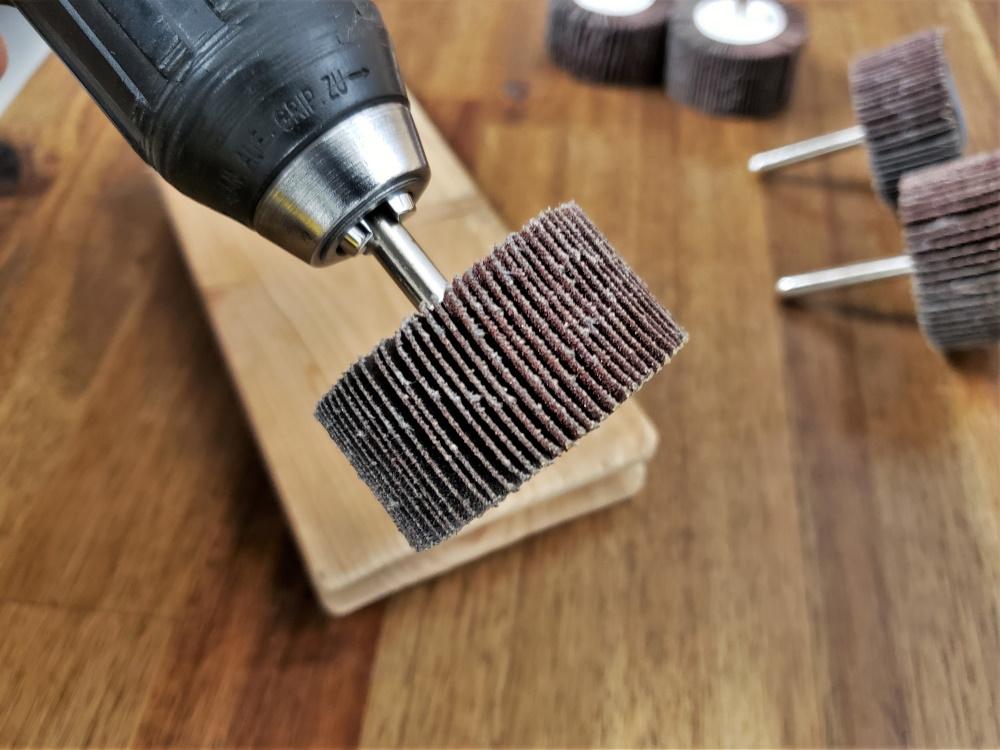
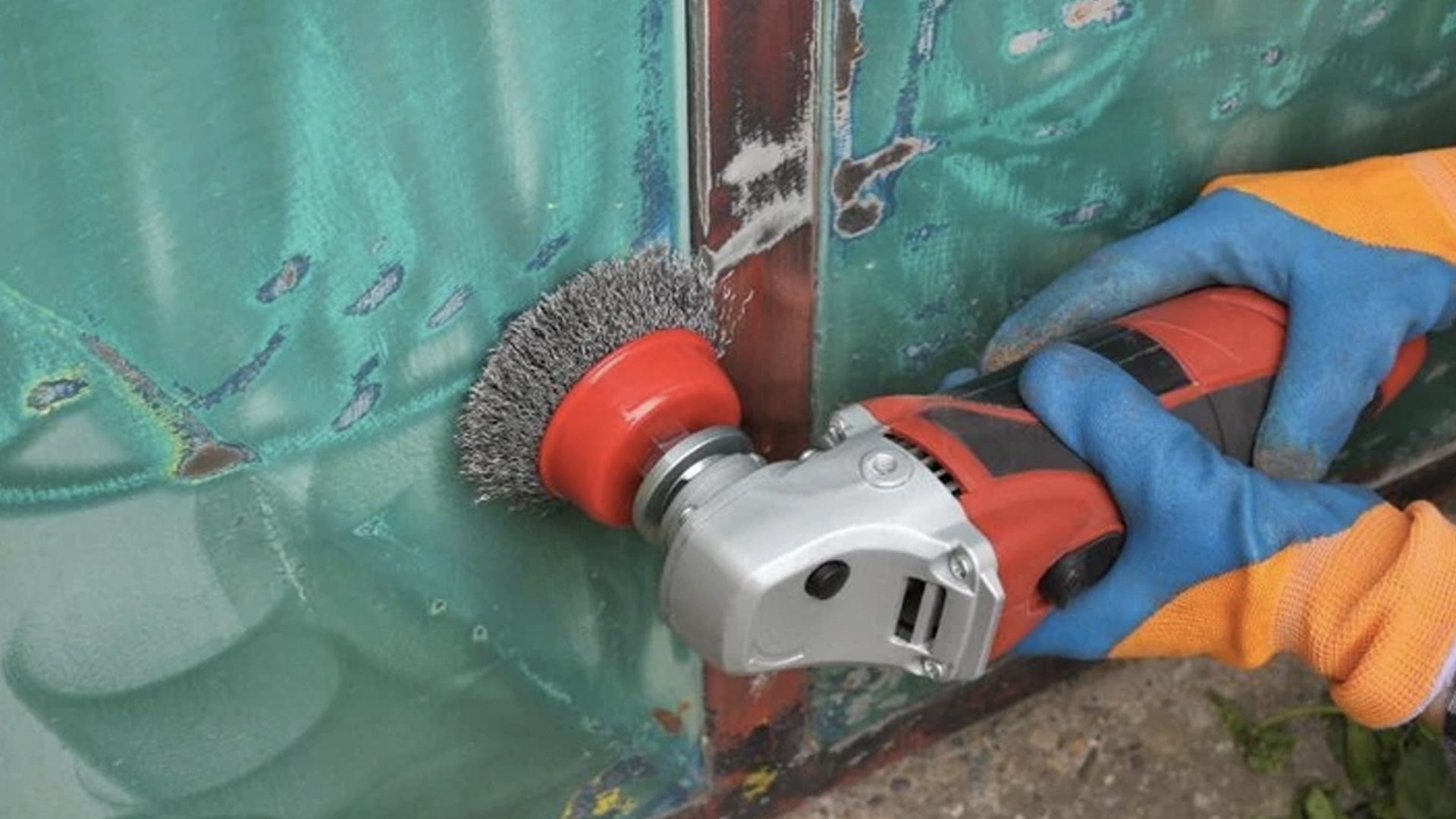
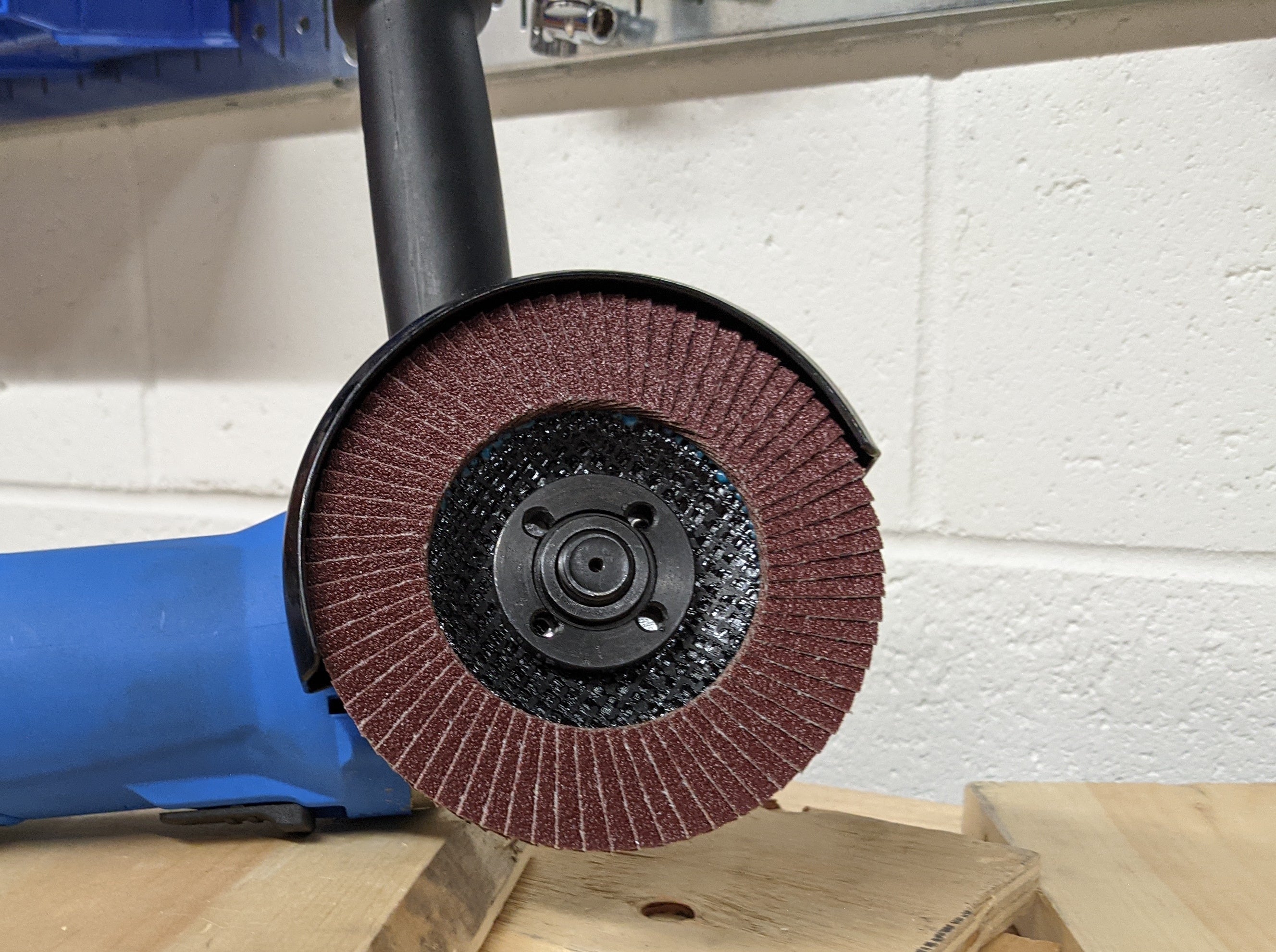
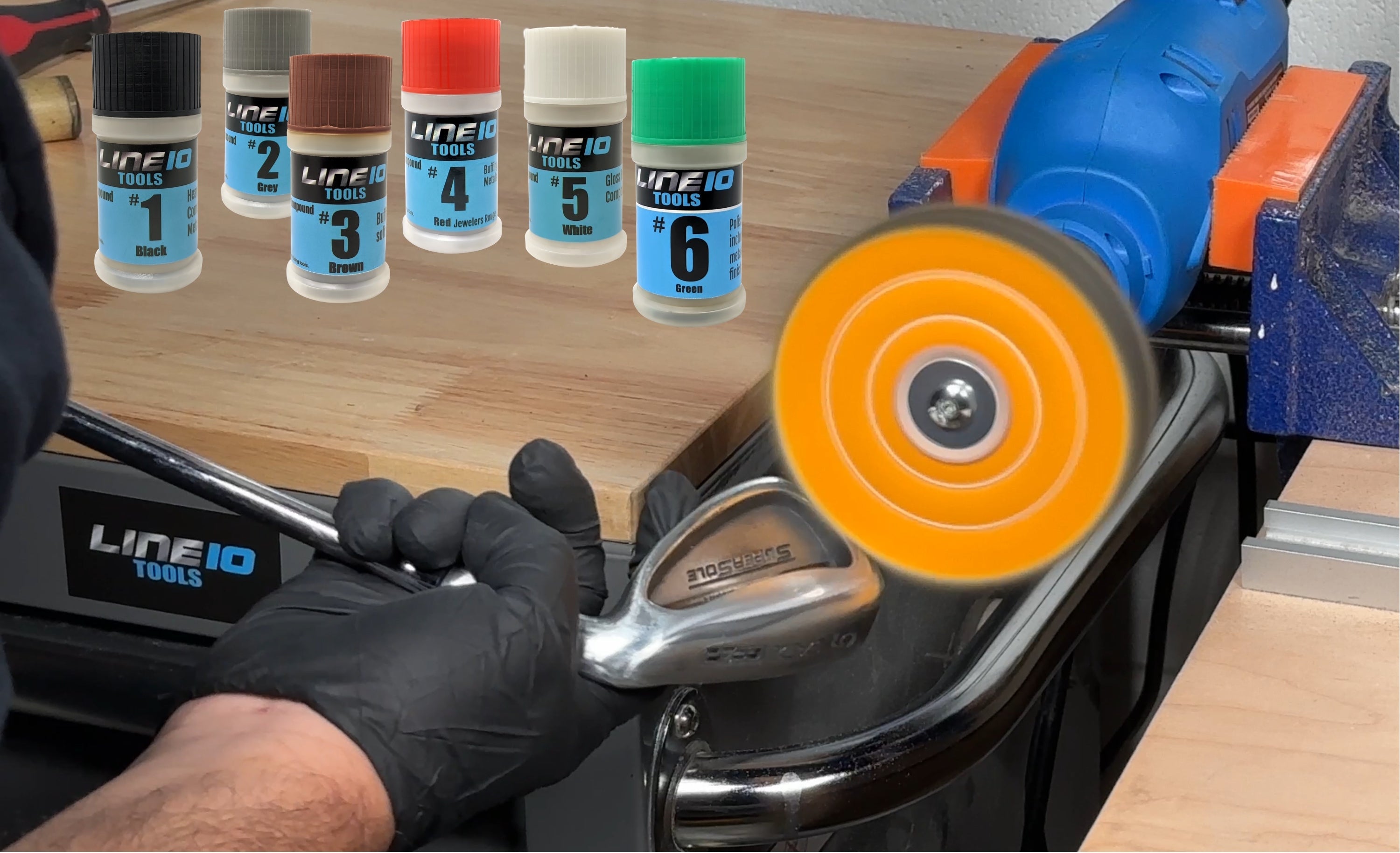
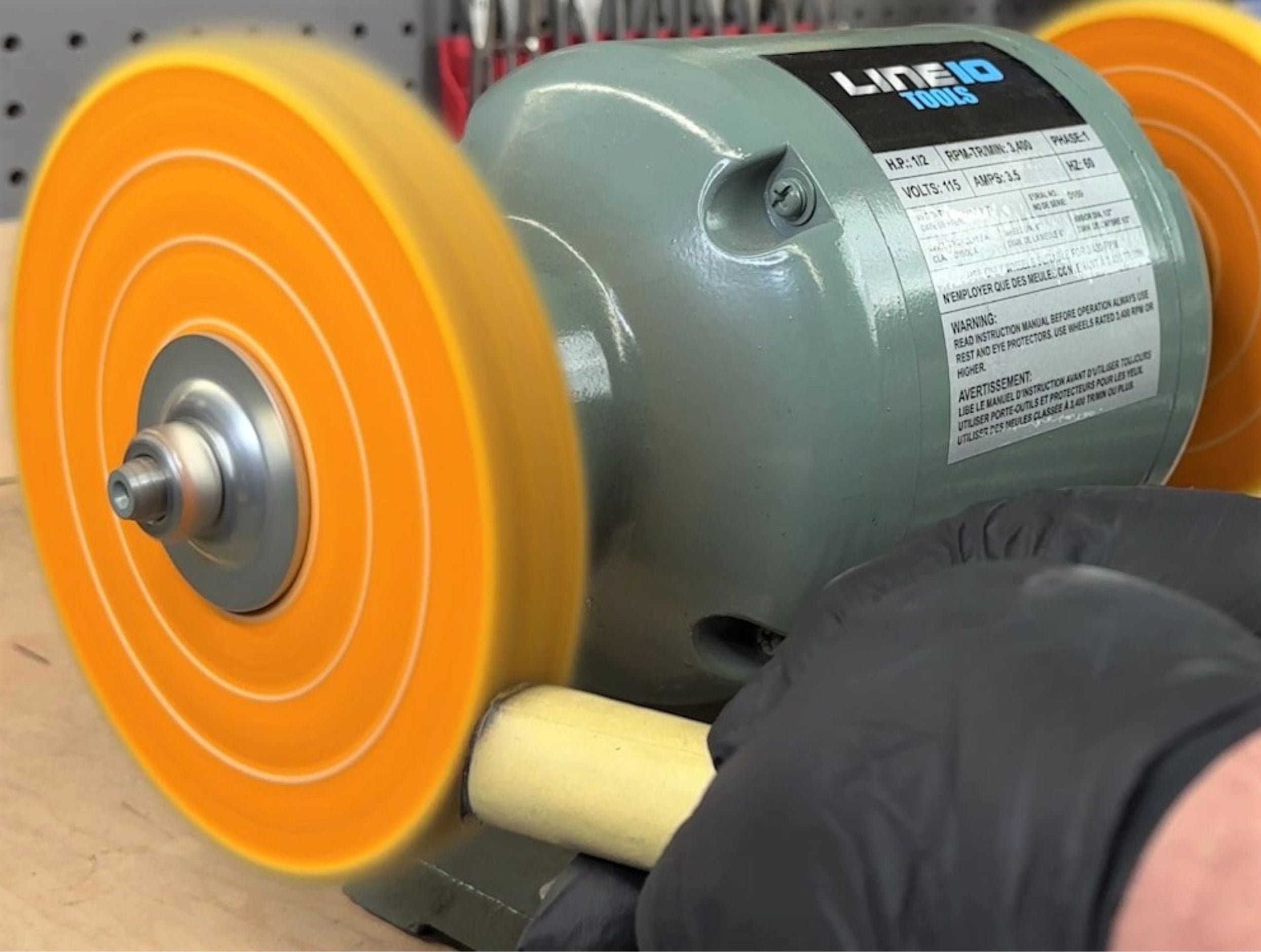
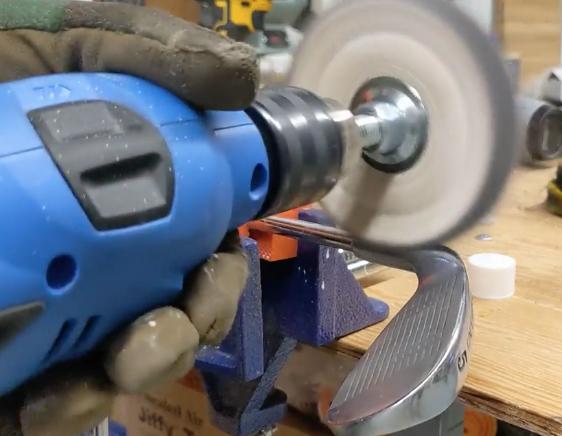
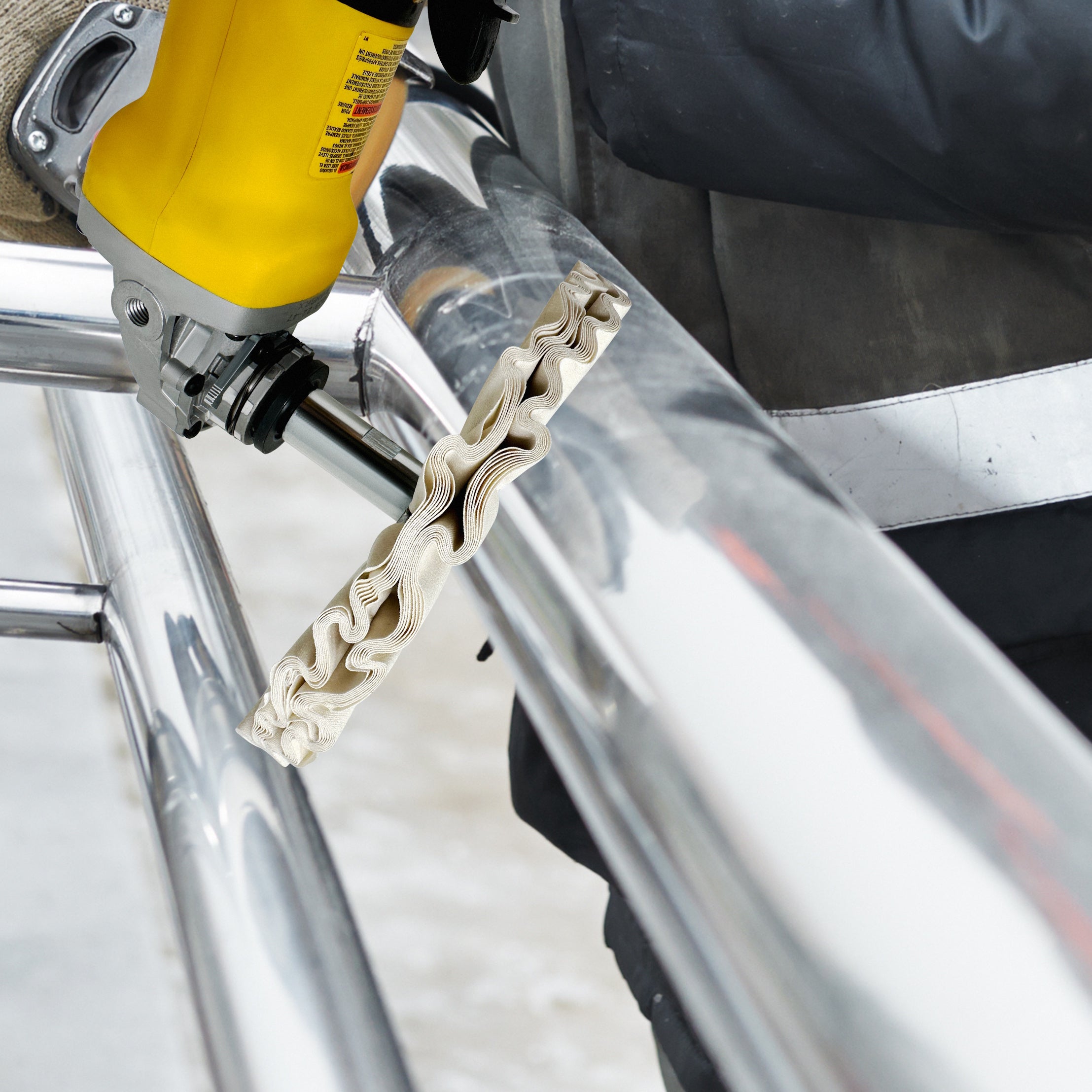
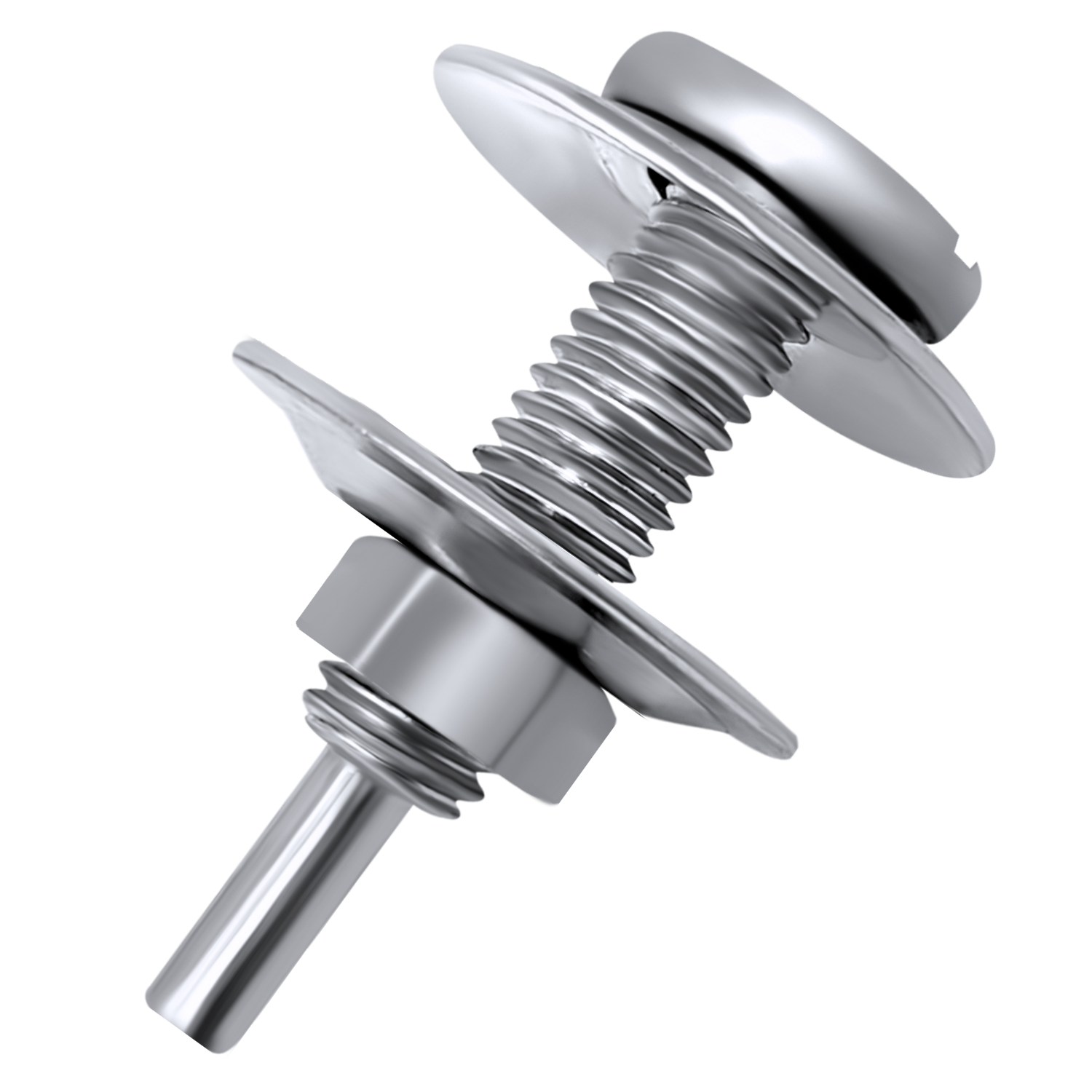
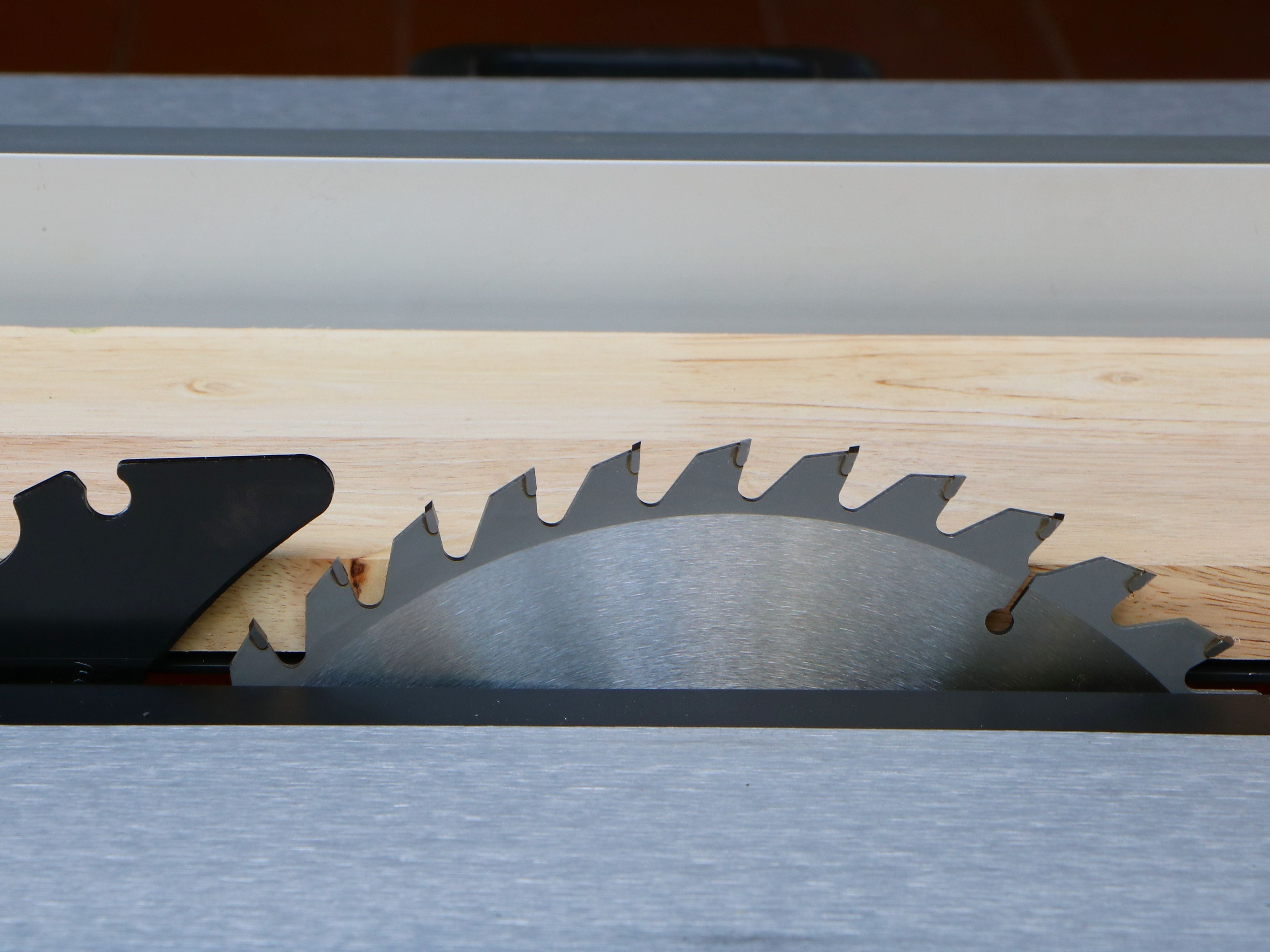
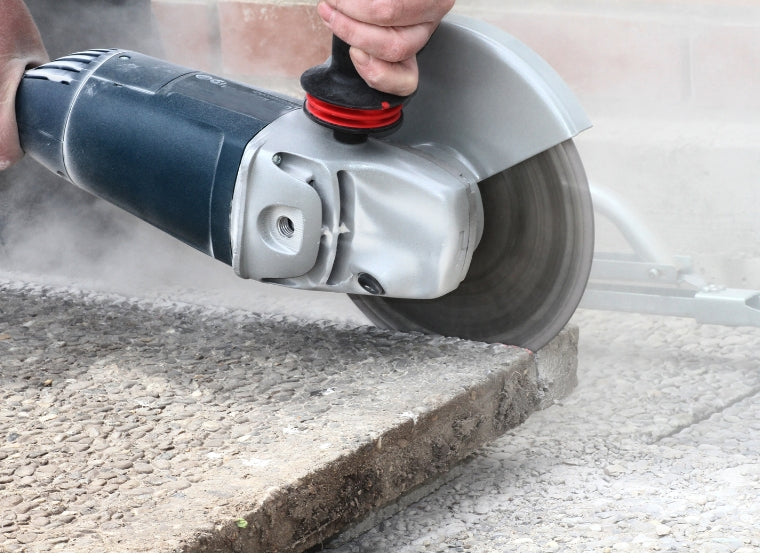
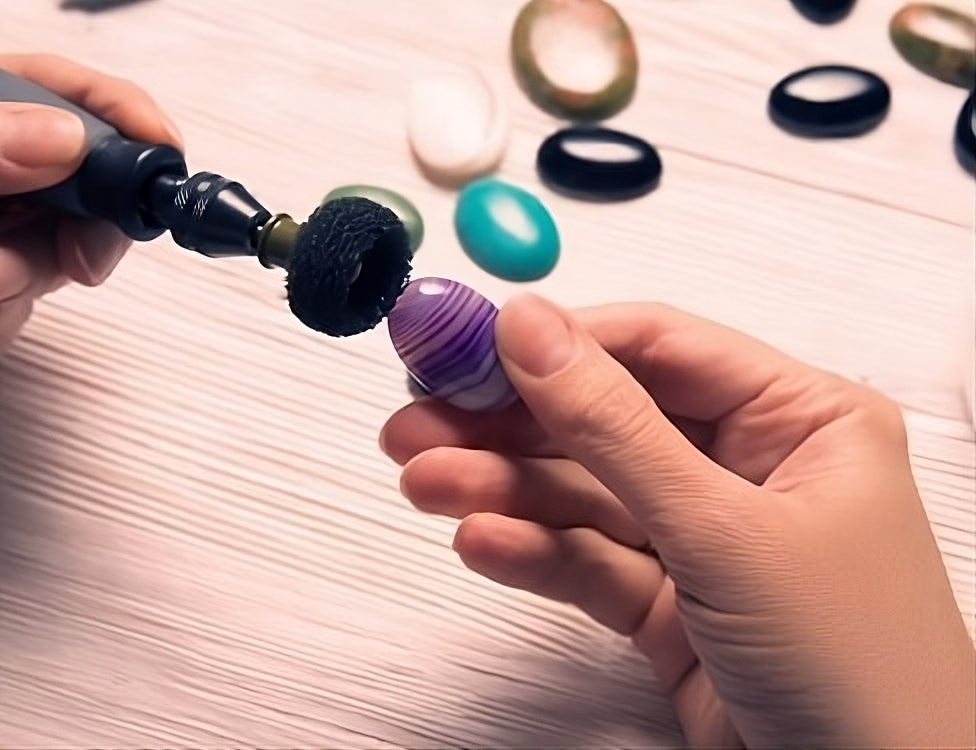
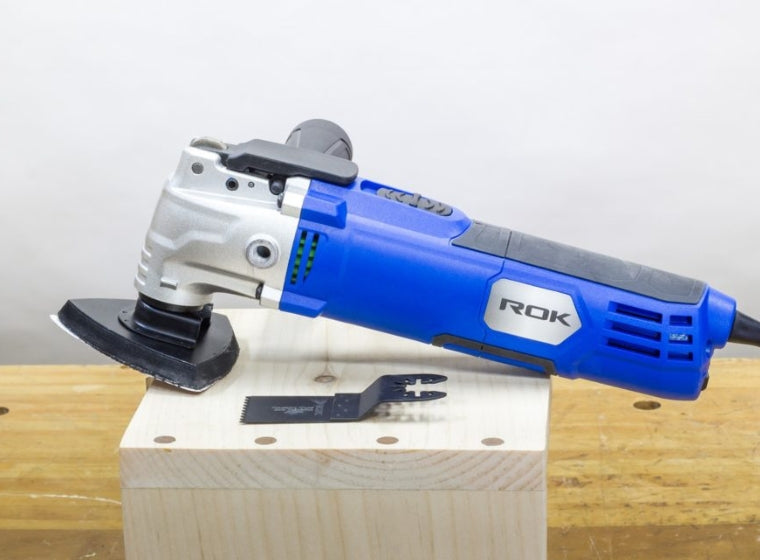
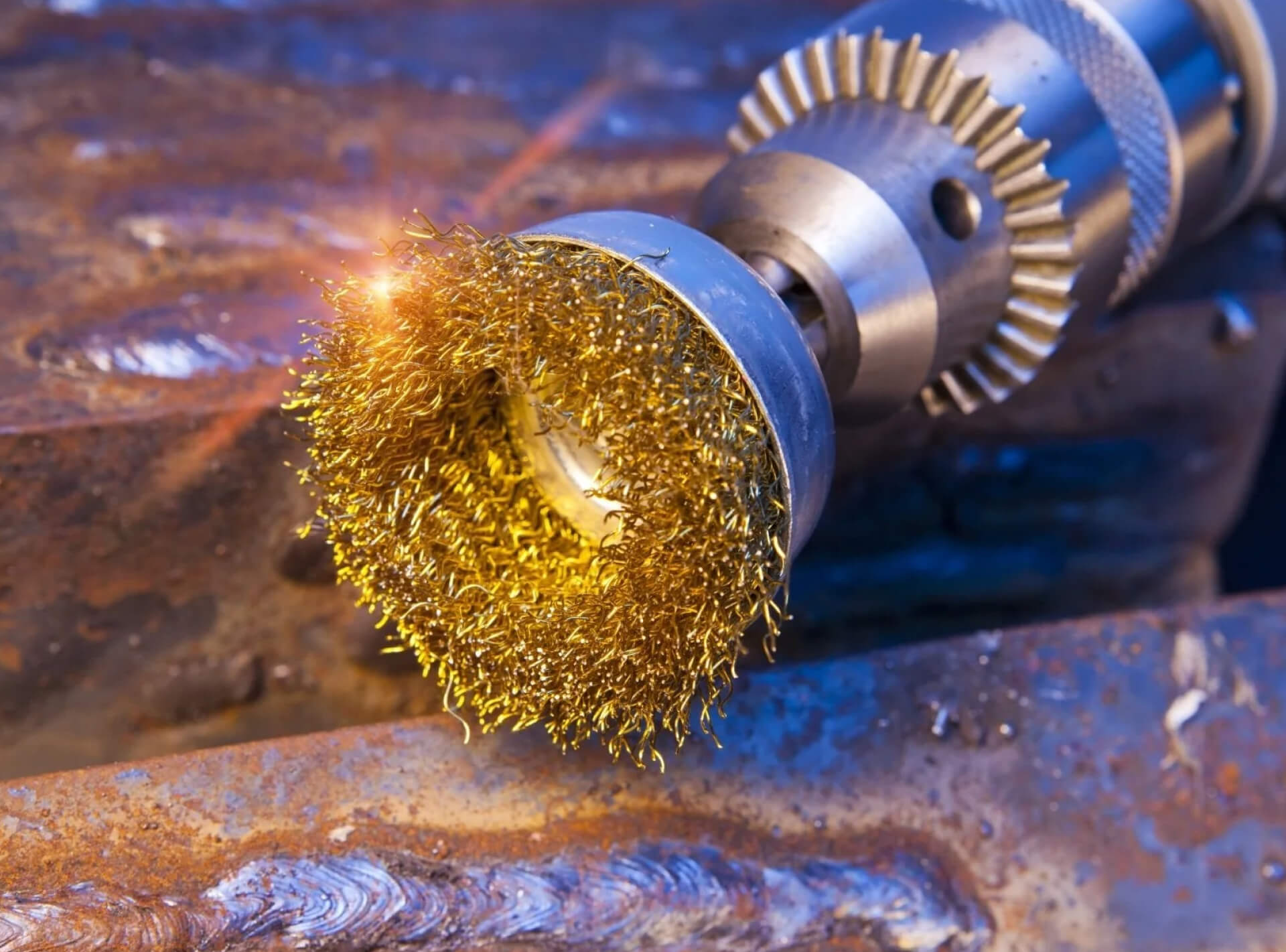
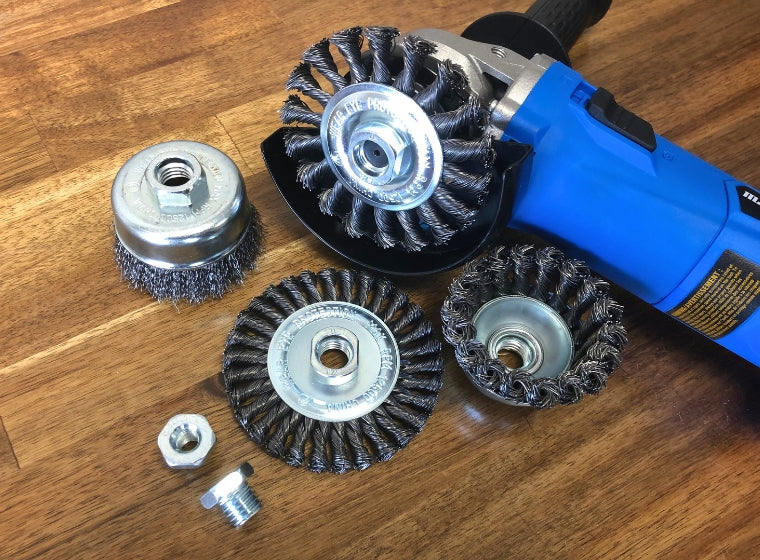
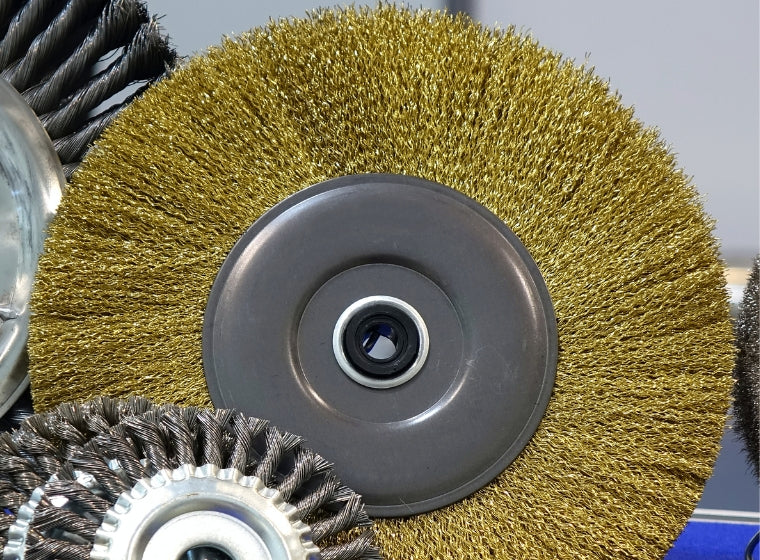
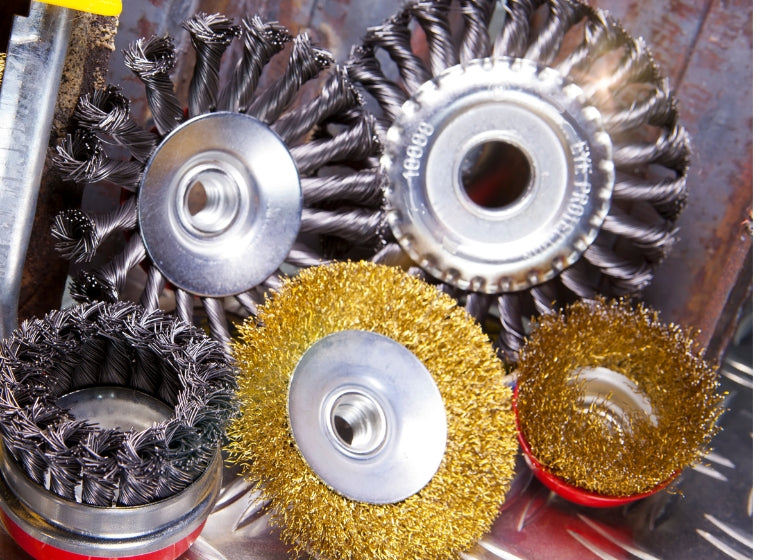
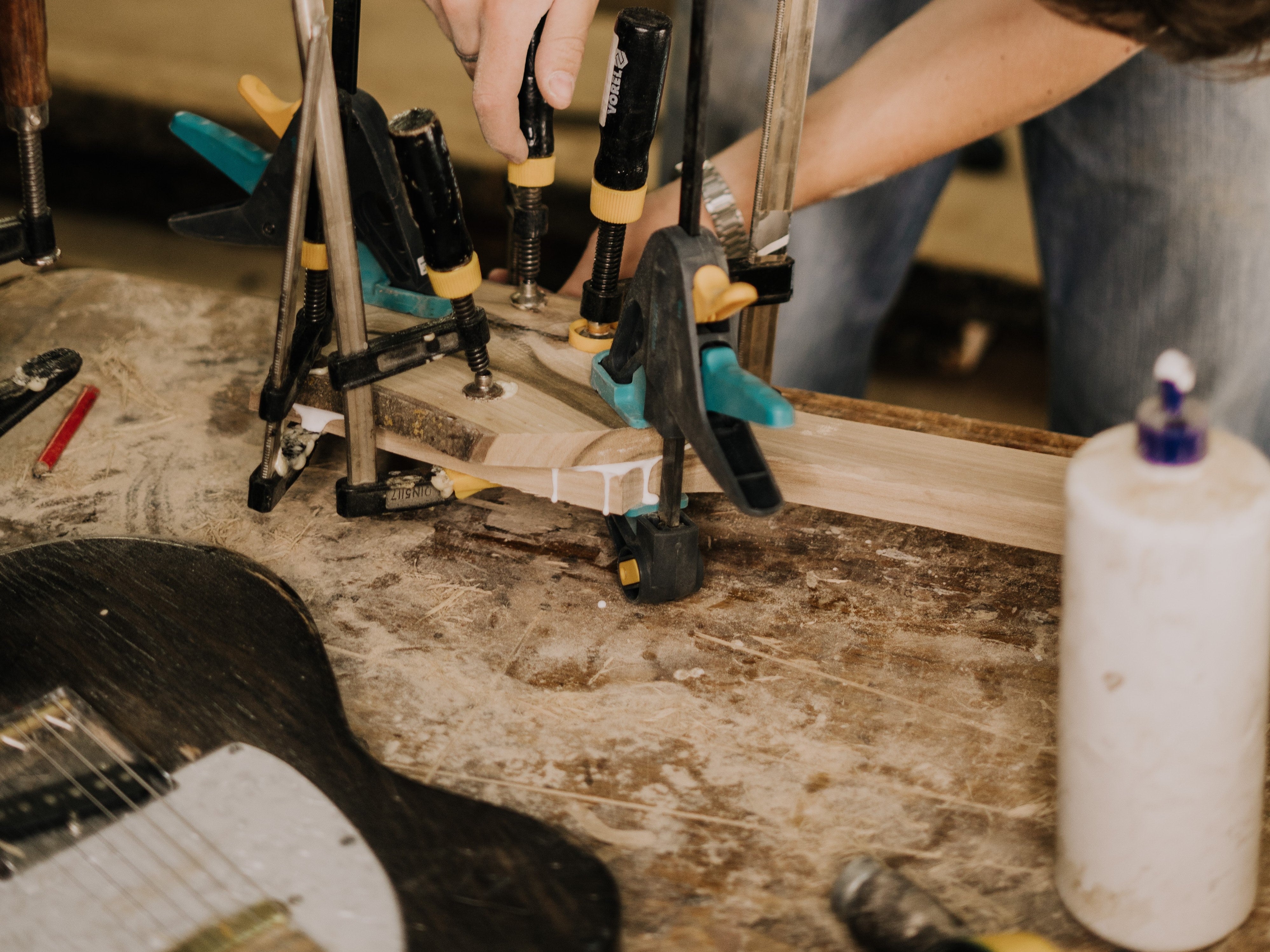

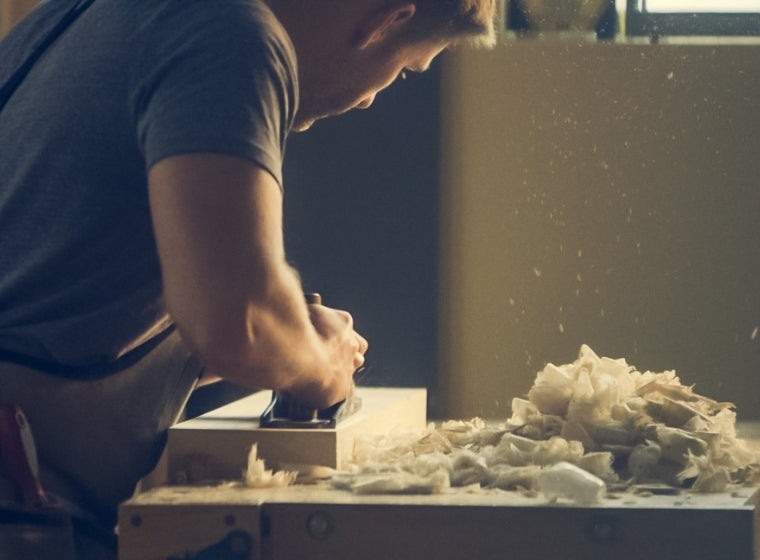




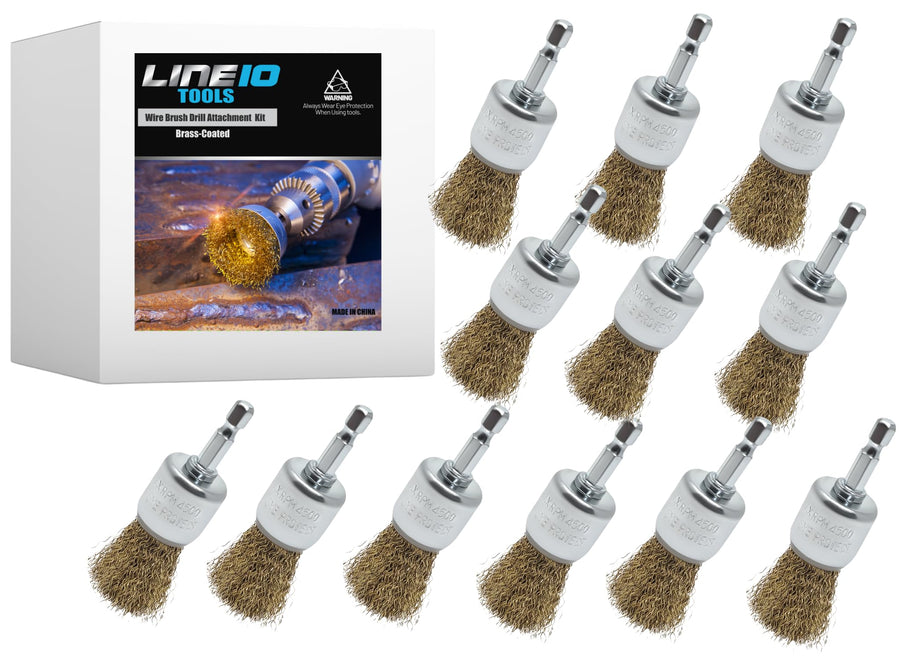
I also am a fan of WD-40 to start the rust removal process. Then hit it with the power tool of your choice depending on the thickness of the metal and how precise you need to be with the rust removal.
Leave a comment